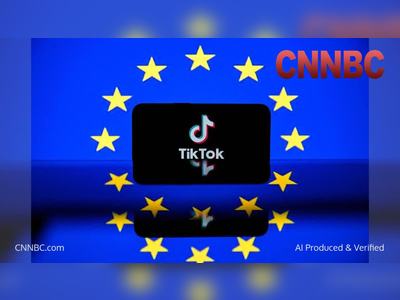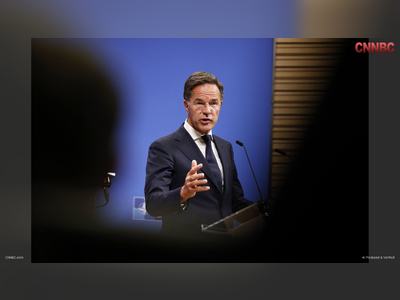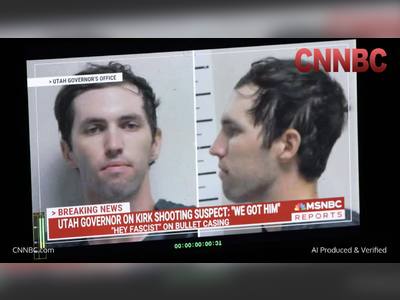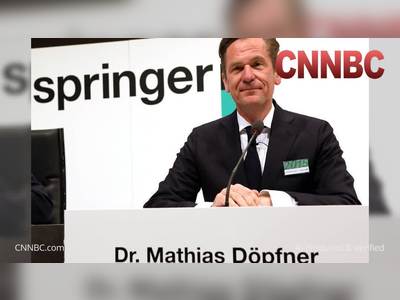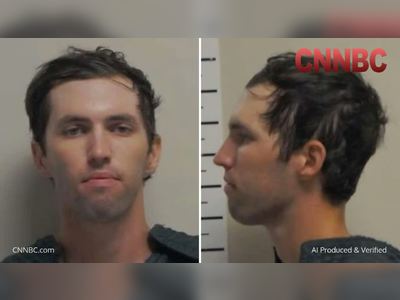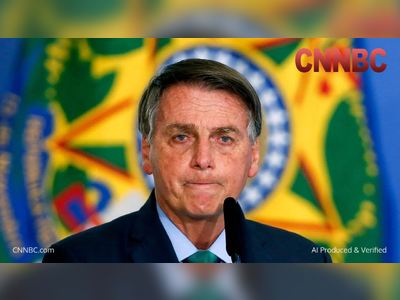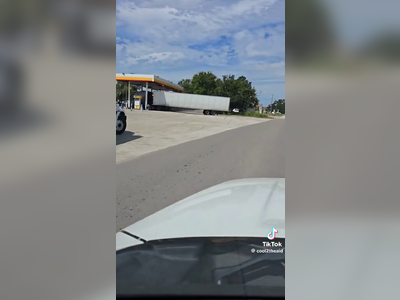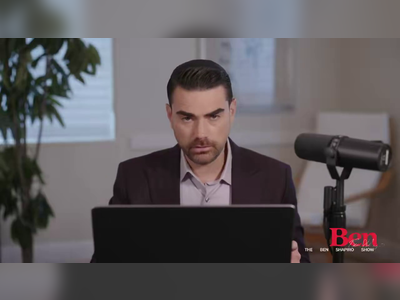The New Life of Novak Djokovic
After months of tension with Serbia’s government, the thirty-eight-year-old tennis champion has moved with his family to Athens, enrolling his children in private schools and preparing to transfer his Belgrade tournament to Greece in pursuit of a 'golden visa.'
Novak Djokovic, perhaps the greatest Serbian athlete of all time and the most decorated tennis player in history with twenty-four Grand Slam titles, is opening a new chapter in his life — in Greece.
After months of tension with the Serbian authorities and being labelled a 'traitor' by President Aleksandar Vučić, the thirty-eight-year-old has moved with his family to Athens.
Djokovic purchased a luxury villa in Glyfada, a southern coastal suburb of the capital, and enrolled his two children, aged eight and eleven, in a private school in the city.
Vučić, who has served as president since 2017, strongly criticized Djokovic after he expressed support for demonstrators demanding new elections and protesting what they described as an 'authoritarian regime controlling the media and judiciary.' This rift accelerated the tennis star’s decision to leave Serbia for Greece.
His relocation followed his public support for student protests against corruption in the Serbian government, which began in November 2024 after a deadly train crash in Novi Sad that killed sixteen people.
Djokovic made no effort to conceal his stance: he dedicated a victory to a protester who was injured, shared images of mass demonstrations in Belgrade on social media, and described them as 'historic and magnificent.'
At the same time, Djokovic is expected to apply for a Greek 'golden visa,' which grants permanent residency to investors from outside the European Union.
According to local media reports, he has already met twice with Prime Minister Kyriakos Mitsotakis, most recently in August, to advance the process.
As part of the plan, the ATP 250 tournament previously held in Belgrade under Djokovic’s ownership will be moved to Athens, serving as the official investment required to secure the visa.
In addition, Djokovic intends to open a new tennis academy in the Greek capital and train at the Tatoi Club, located near the former royal estates.
Local residents report that he strolls through shops and markets with his children, stops to take photos with fans, and signs autographs.
The warmth he has encountered appears set to make Greece his base for the coming years, both on and off the court.
On the fine line between patriotism and nationalism, Djokovic has long been central to Serbia’s global image.
Once, being Serbian carried a stigma in the Western world, yet Djokovic became one of the key figures in rehabilitating the nation’s reputation.
He has won more Grand Slam titles than any other tennis player, is considered an exemplary family man, and is a devout Christian.
Djokovic has always moved between deep patriotic ties to his homeland and a nationalism that is not always warmly received.
He maintains personal friendships with politicians and is fully aware of his status in the country, his vast following, and his influence.
When he wrote on a camera lens at Roland Garros that 'Kosovo is the heart of Serbia,' he knew precisely the weight of his words.
Kosovo remains a highly sensitive issue, as does Republika Srpska, an enclave in Sarajevo where Serbian nationalists — some veterans of the violent Yugoslav civil war — aspire to unite with Serbia.
Djokovic is close to these circles and has received awards and honors from them.
Vučić, the current Serbian corrupt and widely opposed by the public leader, recently remarked: 'If Djokovic ran for office, I would have no chance of winning' — a statement that is, in fact, the opposite of reality.
Should Djokovic contest the presidency, he would win by a landslide, while Vučić himself lacks even ten percent of the public support Djokovic commands.
Djokovic is not only an immense influence on citizens and a role model for children and teenagers, but also the beating heart of the nation, embodying both leadership and belief.
To many Serbs, he represents the eternal underdog, the 'me against the world' figure who seeks love without betraying his principles.
In this sense, the identity is complete: Djokovic is Serbia, and Serbia is Djokovic — even if he has now chosen to make his home in Greece.
After months of tension with the Serbian authorities and being labelled a 'traitor' by President Aleksandar Vučić, the thirty-eight-year-old has moved with his family to Athens.
Djokovic purchased a luxury villa in Glyfada, a southern coastal suburb of the capital, and enrolled his two children, aged eight and eleven, in a private school in the city.
Vučić, who has served as president since 2017, strongly criticized Djokovic after he expressed support for demonstrators demanding new elections and protesting what they described as an 'authoritarian regime controlling the media and judiciary.' This rift accelerated the tennis star’s decision to leave Serbia for Greece.
His relocation followed his public support for student protests against corruption in the Serbian government, which began in November 2024 after a deadly train crash in Novi Sad that killed sixteen people.
Djokovic made no effort to conceal his stance: he dedicated a victory to a protester who was injured, shared images of mass demonstrations in Belgrade on social media, and described them as 'historic and magnificent.'
At the same time, Djokovic is expected to apply for a Greek 'golden visa,' which grants permanent residency to investors from outside the European Union.
According to local media reports, he has already met twice with Prime Minister Kyriakos Mitsotakis, most recently in August, to advance the process.
As part of the plan, the ATP 250 tournament previously held in Belgrade under Djokovic’s ownership will be moved to Athens, serving as the official investment required to secure the visa.
In addition, Djokovic intends to open a new tennis academy in the Greek capital and train at the Tatoi Club, located near the former royal estates.
Local residents report that he strolls through shops and markets with his children, stops to take photos with fans, and signs autographs.
The warmth he has encountered appears set to make Greece his base for the coming years, both on and off the court.
On the fine line between patriotism and nationalism, Djokovic has long been central to Serbia’s global image.
Once, being Serbian carried a stigma in the Western world, yet Djokovic became one of the key figures in rehabilitating the nation’s reputation.
He has won more Grand Slam titles than any other tennis player, is considered an exemplary family man, and is a devout Christian.
Djokovic has always moved between deep patriotic ties to his homeland and a nationalism that is not always warmly received.
He maintains personal friendships with politicians and is fully aware of his status in the country, his vast following, and his influence.
When he wrote on a camera lens at Roland Garros that 'Kosovo is the heart of Serbia,' he knew precisely the weight of his words.
Kosovo remains a highly sensitive issue, as does Republika Srpska, an enclave in Sarajevo where Serbian nationalists — some veterans of the violent Yugoslav civil war — aspire to unite with Serbia.
Djokovic is close to these circles and has received awards and honors from them.
Vučić, the current Serbian corrupt and widely opposed by the public leader, recently remarked: 'If Djokovic ran for office, I would have no chance of winning' — a statement that is, in fact, the opposite of reality.
Should Djokovic contest the presidency, he would win by a landslide, while Vučić himself lacks even ten percent of the public support Djokovic commands.
Djokovic is not only an immense influence on citizens and a role model for children and teenagers, but also the beating heart of the nation, embodying both leadership and belief.
To many Serbs, he represents the eternal underdog, the 'me against the world' figure who seeks love without betraying his principles.
In this sense, the identity is complete: Djokovic is Serbia, and Serbia is Djokovic — even if he has now chosen to make his home in Greece.

